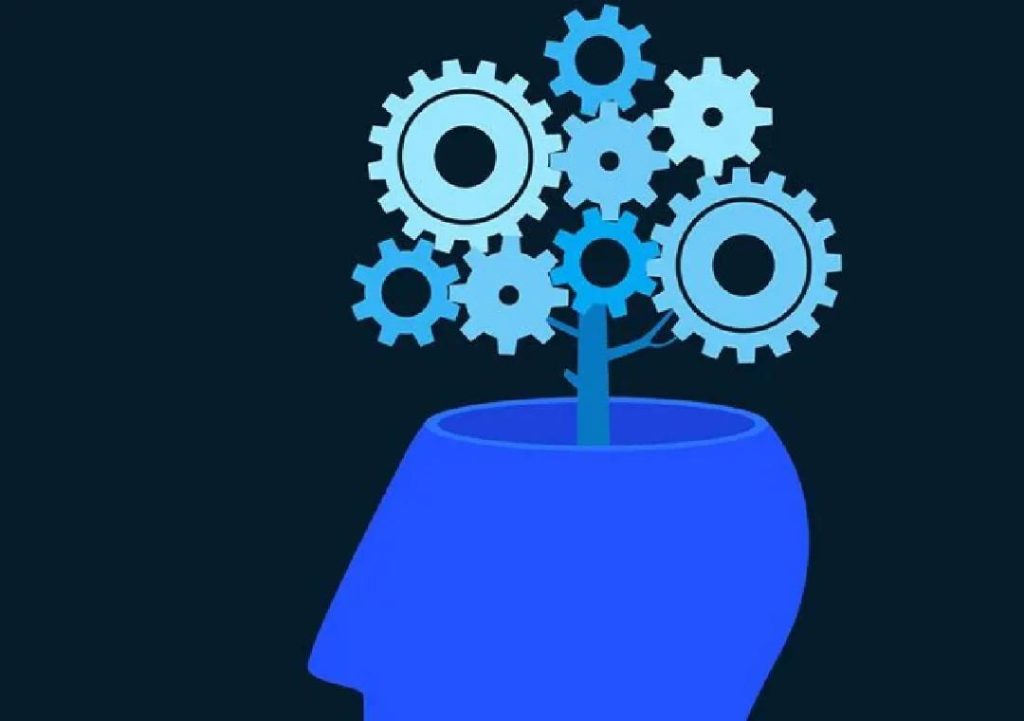
Redefining Workplaces with Tech-Forward Strategies
The modern workplace has undergone a significant transformation in recent years, driven by the rapid advancements in technology and changing workforce dynamics. Gone are the days of traditional 9-to-5 office cultures, as organisations are now adopting digital tools, cloud systems, and automation to improve collaboration, productivity, and employee satisfaction. The rise of remote work and flexible work arrangements has also reshaped the way we operate, enabling businesses to adapt to the evolving needs of the modern workforce.
In this blog post, we’ll explore the key tech-forward strategies that are redefining the modern workplace, and how they’re enhancing inclusivity, employee satisfaction, and efficiency.
The Shift to Remote Work
One of the most significant changes in the modern workplace is the shift towards remote work. With the advancement of technology, employees can now work from anywhere, at any time, as long as they have a stable internet connection. This has led to a significant increase in remote work adoption, with 73% of companies now offering flexible work arrangements (Gallup, 2020).
Remote work has numerous benefits, including increased productivity, reduced distractions, and improved work-life balance. It also allows companies to attract and retain top talent from a global pool, rather than being limited to a specific geographic location. However, remote work also presents challenges, such as maintaining communication and collaboration among team members, and ensuring data security.
Cloud-Based Collaboration Tools
To overcome the challenges of remote work, companies are turning to cloud-based collaboration tools. These tools enable teams to work together seamlessly, regardless of their location. Some of the most popular cloud-based collaboration tools include Slack, Microsoft Teams, and Google Workspace.
Cloud-based collaboration tools offer numerous benefits, including:
- Real-time communication and collaboration
- Access to shared files and documents
- Increased transparency and visibility
- Enhanced team productivity and efficiency
Automation and Artificial Intelligence
Automation and artificial intelligence (AI) are also transforming the modern workplace. Automation enables companies to streamline repetitive tasks, freeing up employees to focus on more strategic and creative work. AI-powered chatbots and virtual assistants are also helping to improve customer service and internal communication.
Automation and AI are particularly beneficial in industries that require high levels of precision and attention to detail, such as healthcare, finance, and manufacturing. For example, AI-powered robots are being used in healthcare to assist with tasks such as patient care, medication management, and data analysis.
Data Analytics and Visualization
Data analytics and visualization are also playing a critical role in the modern workplace. By leveraging data analytics and visualization tools, companies can gain insights into employee behavior, customer preferences, and market trends. This enables them to make data-driven decisions, improve operations, and drive business growth.
Data analytics and visualization tools are particularly beneficial in industries that rely heavily on data-driven decision-making, such as finance, marketing, and sales. For example, data analytics and visualization tools can be used to track customer behavior, identify patterns and trends, and optimize marketing campaigns.
The Future of Work
As we look to the future of work, it’s clear that technology will continue to play a critical role in shaping the modern workplace. With the rapid advancement of technologies such as 5G, blockchain, and the Internet of Things (IoT), we can expect to see even more significant changes in the way we work.
Some of the key trends that will shape the future of work include:
- Increased adoption of remote work and flexible work arrangements
- Widespread adoption of automation and AI
- Greater emphasis on data analytics and visualization
- Improved employee experience and engagement
- Enhanced inclusivity and diversity
Conclusion
In conclusion, the modern workplace is undergoing a significant transformation, driven by the rapid advancements in technology and changing workforce dynamics. By adopting tech-forward strategies such as remote work, cloud-based collaboration tools, automation, and data analytics, companies can improve collaboration, productivity, and employee satisfaction.
As we look to the future of work, it’s clear that technology will continue to play a critical role in shaping the modern workplace. By embracing these trends and technologies, companies can stay ahead of the curve, drive business growth, and attract and retain top talent.
News Source:
https://www.growthjockey.com/blogs/tech-forward-future-landscape-modern-workplace






